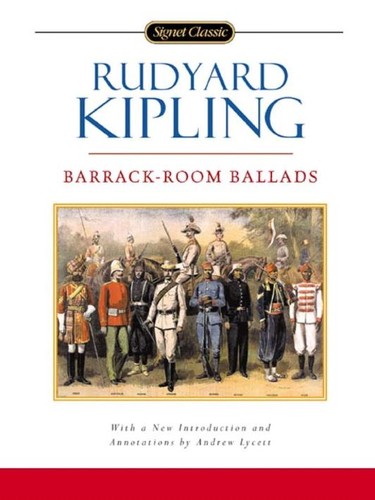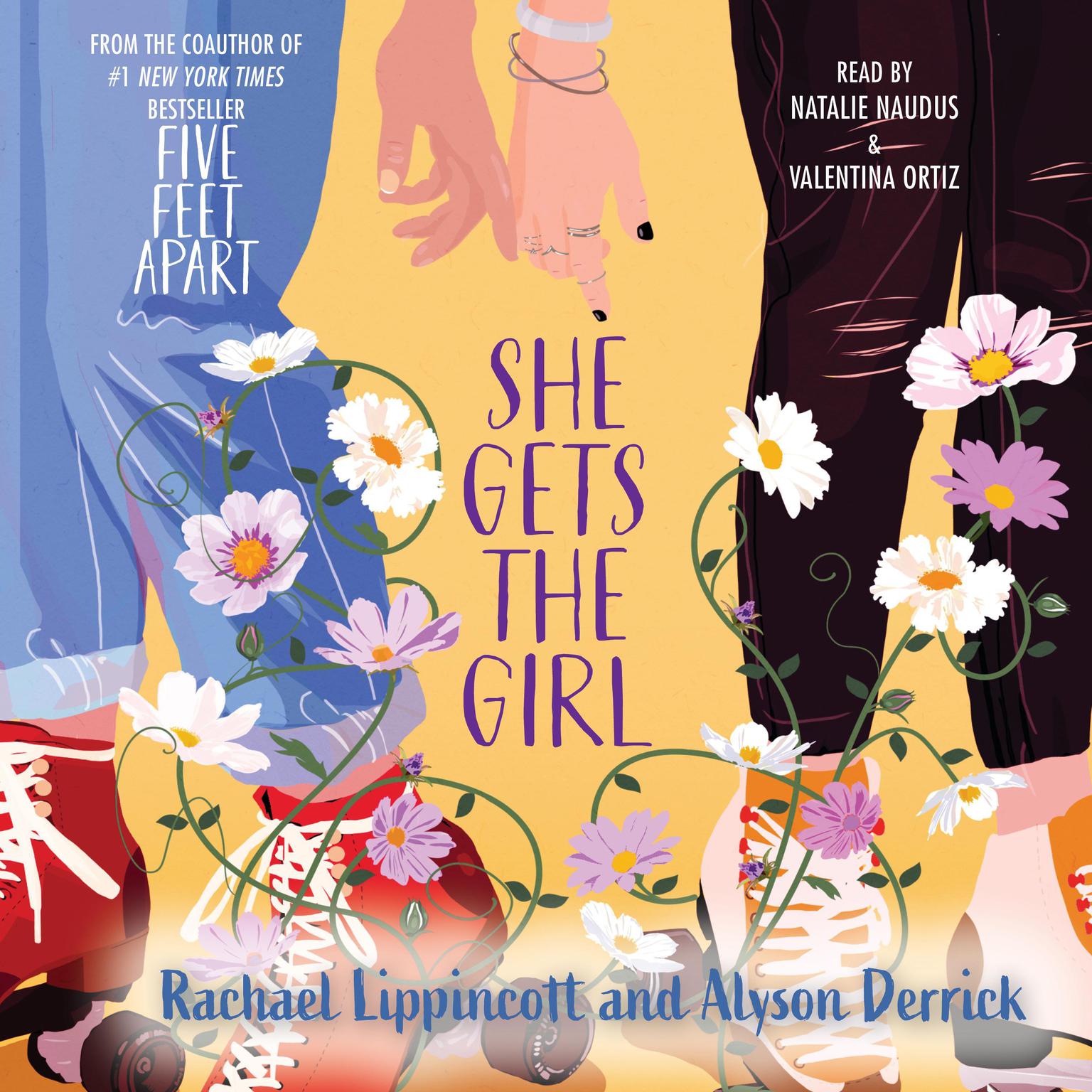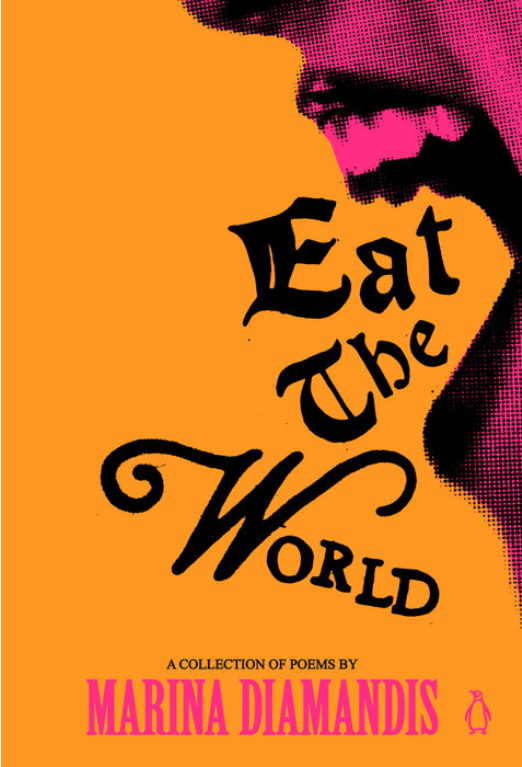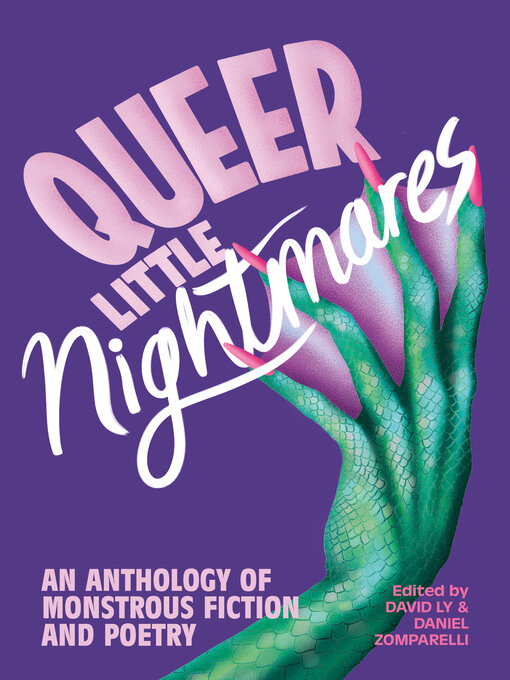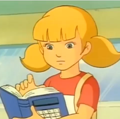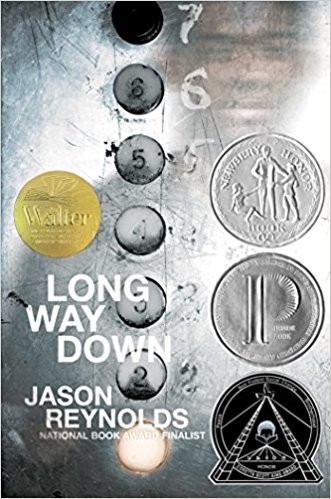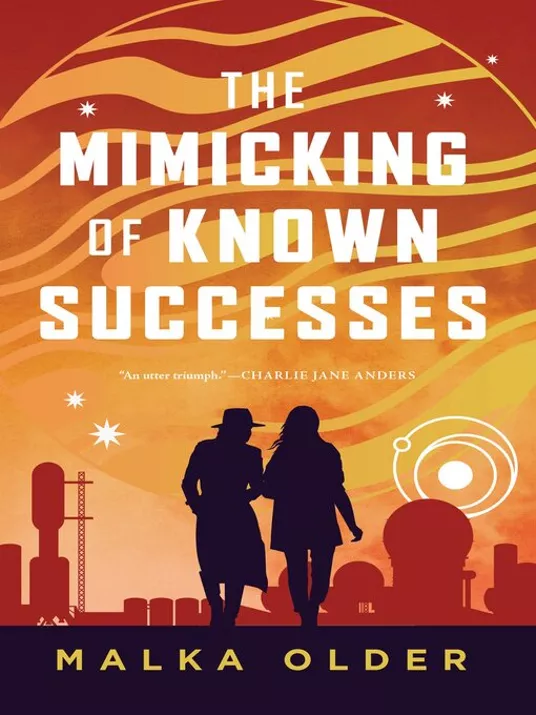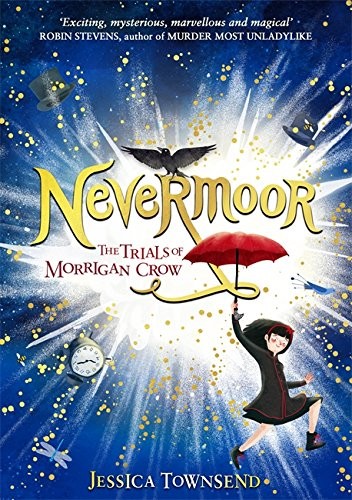I think "breezy" and "lightweight" often mean the same thing, but you use one or the other depending on whether you liked the book or not, so I'll say breezy.
I enjoyed the contrast of the characters and how they arrived at the same problem (unwilling to express self) from different angles (lack of confidence, trauma).
I thought the Natalie/Alex relationship was well written and liked how Natalie used therapy-speak to run Alex down.
This was generally well pitched to a YA audience. Suggestive instead of sexual, profanity was used sparingly and was effective when it was used.
The book was entirely uninterested in men, which is totally fine.
I think a month was too fast for the amount of events that occurred, but I'm not 18 anymore.
Found out afterward that the book was semi-autobiographical and written by two wives, would be very …
